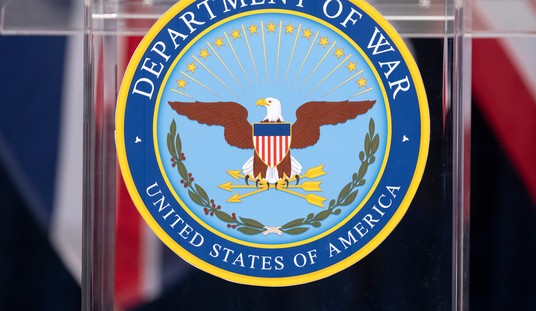By Chris Talgo
For more than 150 years, power-hungry politicians have instituted various forms of socialism as the supposed ultimate solution to all of society’s problems. But as history has demonstrated time and time again, socialism never solves society’s most vexing issues; actually, it makes them worse while fostering a whole host of new trials, tribulations, and unintended consequences.
Even though socialism has caused mass poverty, death, destruction, and misery nearly everywhere it has been implemented, young Americans still think it deserves the benefit of doubt.
According to a series of polls recently released by Rasmussen Reports and The Heartland Institute, most likely voters aged 18 to 39 think socialism can rectify the difficult economic circumstances they face.
Here is a quick snapshot of the most alarming results:
In the first poll, 53 percent of young people said they want a democratic socialist to win the 2028 presidential election, and 76 percent agree “somewhat” or “strongly” that “major industries like health care, energy, and big tech should be nationalized to give more control and equity to the people.”
In the second poll, 62 percent believe the “American economy is unfair to young people,” and 55 percent said they would support a law to confiscate “excess wealth,” including second homes, luxury cars, and private boats, to help young people buy their first homes.
In the third poll, 59 percent said they support a law that would impose a maximum annual income cap for individuals, starting at just $100,000 per year.
I don’t think I’m going out on a limb when I say that these results would shock the socks off older Americans.
Read More: Socialism Is Resonating With America’s Youth
Watch: Republicans Drop Fire Ad Taking Aim at Mamdani and Socialism in Democrat Party
Unlike most of the young people polled, older Americans (me included) have a much stronger sense of how corrupt, evil, and anti-American socialism truly is.
I remember that in the late 1980s and early 1990s, the Soviet Union and its communist bloc in Eastern Europe were the world’s bad guys while the United States and the West were the global good guys.
Strangely, more than three decades after the fall of the Berlin Wall and the crumbling of the Soviet Union, it seems like the roles have been reversed.
Now, at least in the minds of too many young Americans, the West are the oppressors whereas socialist enclaves like Cuba are the oppressed “victims.”
Even in western and northern Europe, some countries have experimented with socialism to some degree since the end of World War II, leading to the myth that Scandinavian socialism is the future.
No matter how, where, or when it has been put into effect, socialism has consistently failed to deliver the solutions promised by its advocates.
That is because socialism is inherently flawed.
Unlike free-market capitalism, which incentivizes creativity, innovation, entrepreneurship, risk-taking, and diligence, socialism rewards indolence and retards thinking outside of the box.
Socialism preys upon humanity’s darkest traits. It conjures envy and suspicion. It does not inspire greatness; it stimulates fear and loathing.
I wish this was the message that young people receive when it comes to socialism in academia, but I am more than aware that this is not the case.
During my five years as a high school social studies teacher, I witnessed my colleagues giving their students a white-washed version of socialism that emphasized all the hypothetical good things while downplaying/ignoring the real-world horrors.
The general theme was that socialism is morally superior to free-market capitalism; however, it just has not been implemented totally properly, yet.
Like it or not, this false history of socialism has clouded the minds of generations of young Americans.
Sometimes, things must be put in stark black and white terms. On socialism, there is no gray area. Socialism is evil. Socialism robs people of dignity, purpose, and their personal freedom.
I hope young Americans realize that socialism is not the solution, it is the problem, before it is too late.
Chris Talgo ([email protected]) is editorial director at The Heartland Institute.













Join the conversation as a VIP Member